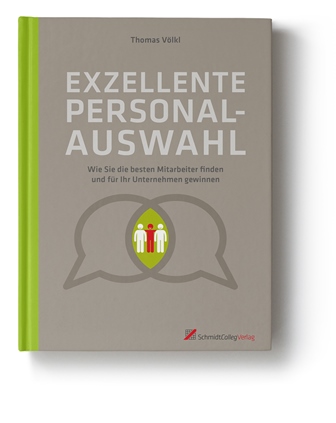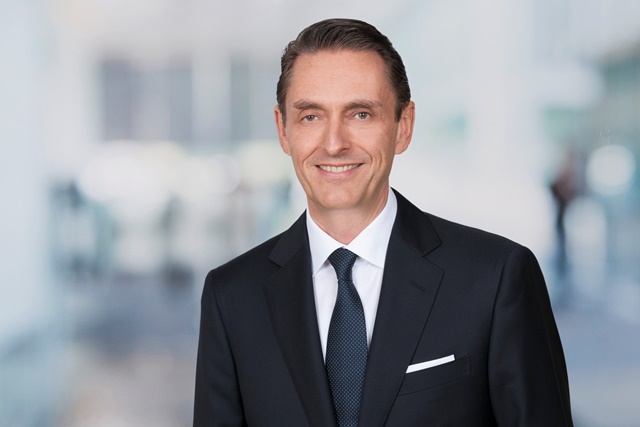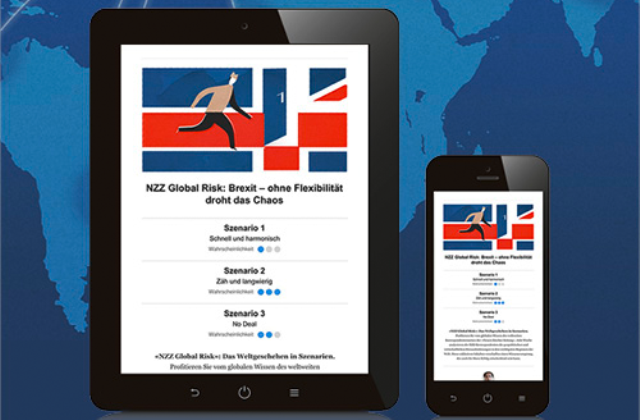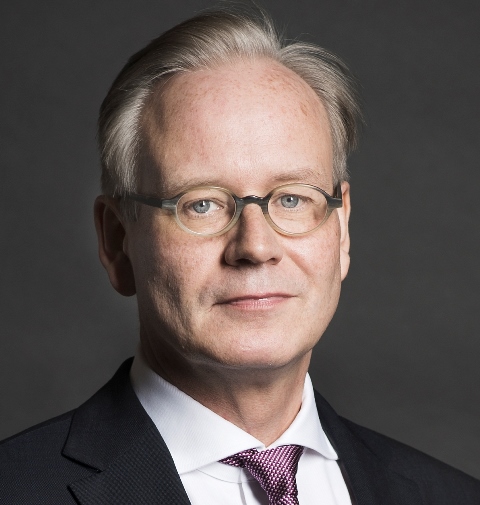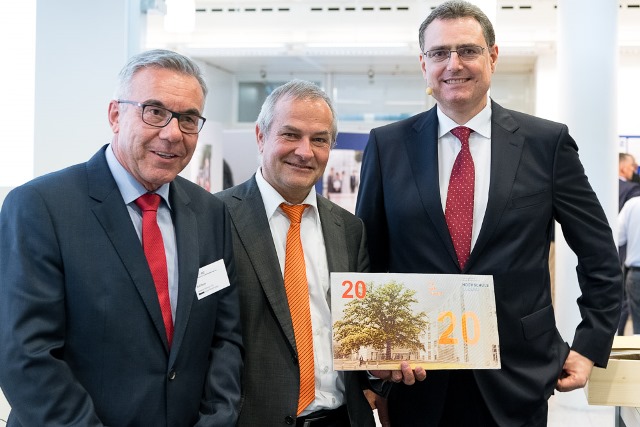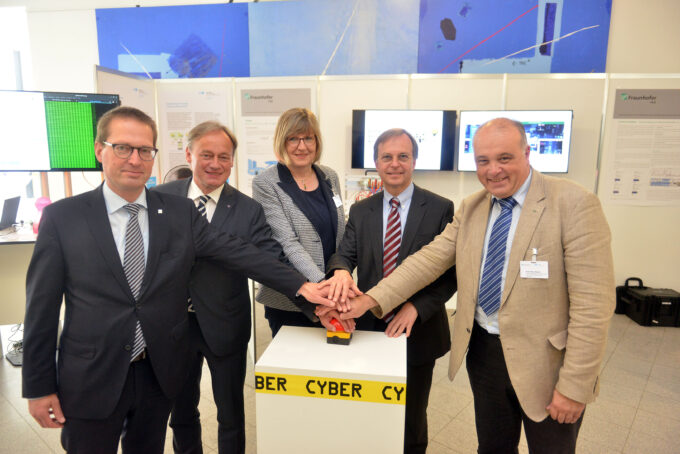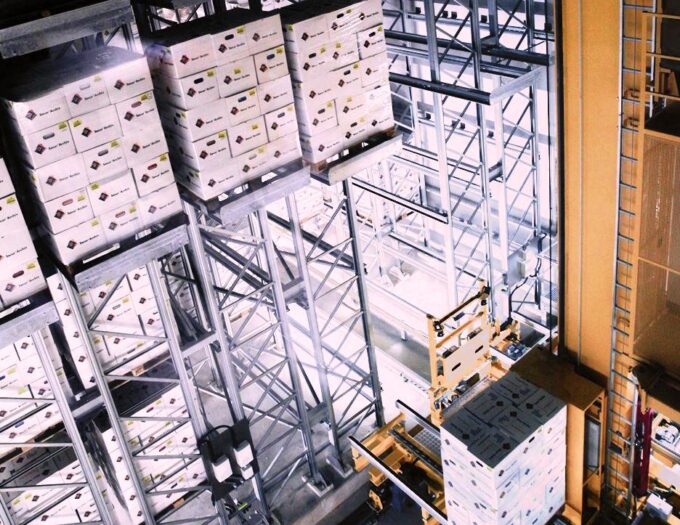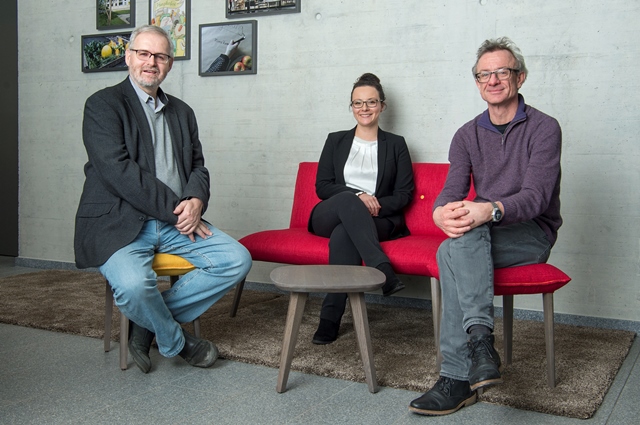
A workshop at the conference at the University of Applied Sciences St. Gallen on the topic of "Robot Prototypes" (Image: zVg)
The organisers of the 10th Eastern Switzerland Innovation Conference are convinced that rapid innovation is a trump card in the globalised market. After all, novel manufacturing is about developing products as quickly as possible, bringing them to market, collecting feedback and implementing them. Rapid iteration steps based on automated processes produce continuously improved products and - success.
At the 10th Eastern Switzerland Innovation Conference, organised by the Institute for Innovation, Design and Engineering (IDEE-FHS) of the University of Applied Sciences St.Gallen, everything revolved around Rapid Automation and Rapid Innovation on 24 May 2017.
Transport, reload, sort
In the Rapid Automation workshop, the participants experienced the advantages of iteratively developed prototypes in a practical way. After a brief introduction, they were given the task of building prototypes for transporting, sorting, reloading and charging used glass from various robot kits such as littleBits, Lego Mindstorms EV3 or Arduino. And to do this in a specific sequence. Lukas Schmid, head of the IDEE-FHS, is satisfied with the result.
"Not only do all the prototypes work, but so does the production line." The aim of the workshop was to give the participants a feeling for what is possible with simple robot kits in a very short time. And they were to get to know different kits with their advantages and disadvantages.
Quick to set up, simple to program
Following the practical part of the conference, the participants learned how national and international market leaders use rapid innovation to drive innovation and position themselves successfully in their markets. Take Optrel AG, for example. The Wattwil-based company specialises in anti-glare products, which are mainly used in welding and medicine.
In his presentation, Ramon Hofer Kraner, Head of Research and Development, showed where his company uses prototypes similar to those created earlier in the workshop. For example, a cutting robot that cuts adhesive tape to the required width. "All it took was a small setup on an existing robot and they could have cut 10,000 to 20,000 strips of tape," Hofer said. With the help of relatively inexpensive robotic arm systems, such as those from EVA Robotics, Dobot or Franka, this will become faster and easier in the future. "Perfect for pick-and-place processes, they can be set up in no time and programmed with a tablet."
Neural network paints paintings
An insight into the world of data was provided by Romeo Kienzler, Chief Data Scientist at IBM Watson IoT (Internet of Things). In the production process, many small computers and sensors provide a large amount of data. Data that is uploaded to a cloud can already be analyzed there and then used accordingly, for example to detect and predict anomalies. Artificial neural networks, which function similarly to our nerve cells in the brain, play an important role here.
The idea is to build ever larger and more powerful networks, deep learning systems. They can learn not only all mathematical formulas, but also functions. "For example, a neural network learns the style of an artist and then paints a new painting itself," says Romeo Kienzler. With the help of neural networks, therefore, predictive models can be created for industry. "Big data and physical production are the heart and head of rapid automation," said Romeo Kienzler.
Robots with feelings
Finally, Michael Schüpbach, Sales Engineer at Fanuc, showed that robots are now not only increasingly intelligent, but also have a sensory system. Founded in Japan, Fanuc is the world market leader in industrial robotics and produces 120 different robot models with handling weights ranging from 500 grams to 2.3 tons. An important division is collaborative robots with integrated sensors. This allows them to be operated safely without a safety fence. The robot arm, for example, stops as soon as it is touched. In addition, it can be pushed away quite easily.
"Because a safety fence is no longer necessary, the robots can take on various tasks. This opens up new possibilities for designing production and the workplace. This can be provided for both the robot and the human and can be flexibly retooled." If 2D and 3D vision systems, force-torque sensors and feeling sensors were combined in robotics, then rapid automation would emerge. "If you build a whole system out of that, then you get rapid innovation."
The 11th Eastern Switzerland Innovation Conference will take place next year on Wednesday, 2 May 2018.
http://www.fhsg.ch
